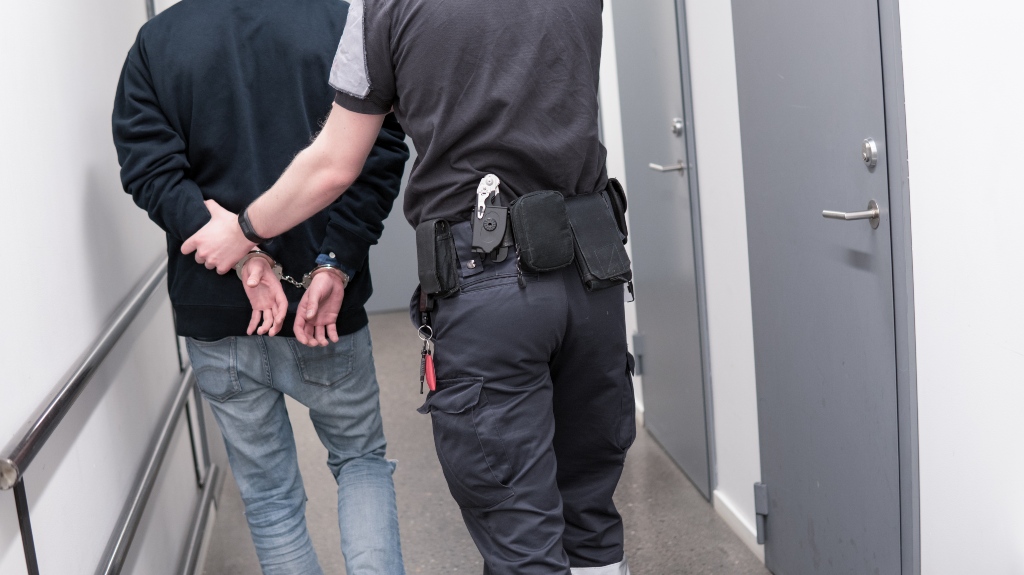Understanding Your Rights: When a Detention Lasts Too Long
When you’re stopped by the police, it’s crucial to understand your rights, especially when it comes to the duration of your detention. The Fourth Amendment protects you from unreasonable searches and seizures, and this protection extends to how long you can be detained during an investigative stop. If a detention lasts longer than necessary, any evidence obtained during that time might be challenged and potentially excluded from court.
Challenging Prolonged Detentions
To challenge evidence obtained during a detention that exceeded the permissible duration under Terry v. Ohio, you must argue that the detention was not reasonably related in scope to the circumstances that justified the initial stop. Here are some key points to consider:
Resolution of the Initial Reason for the Stop
If the initial reason for the stop was resolved, and there was no new reasonable suspicion of criminal activity, any continued detention may be unlawful. For instance, if you were stopped for a traffic violation, once the officer issues the citation, the stop should end unless there’s additional suspicion of another crime. Continued detention without new reasonable suspicion could be considered unconstitutional.
Lack of Diligence by Officers
The length of the detention must be measured by the actions of the police during the stop. If the officers failed to act diligently in confirming or dispelling their suspicions, and instead prolonged the stop without a valid reason, the detention may be deemed unreasonable. The longer the stop without justification, the stronger the argument that the detention was unlawful.
Use of Restraints
If the officers used handcuffs or other restraints during the stop, this could be argued as turning the detention into an arrest without probable cause. While handcuffing during a Terry stop is sometimes permissible, it must be reasonable under the circumstances, such as ensuring officer safety or preventing flight. If the use of restraints was excessive, it may strengthen the case for challenging the detention.
The Consequences of an Unlawful Detention
If a court finds that the detention exceeded the permissible scope and duration under Terry v. Ohio, any evidence obtained as a result could be excluded from trial. This exclusion is based on the principle that the evidence was derived from an unconstitutional seizure and therefore cannot be used against you in court.
Why You Need Legal Expertise
Challenging the legality of a detention is a complex process that requires a deep understanding of constitutional law and the specifics of your case. An experienced attorney can evaluate whether your rights were violated during the stop and build a strong argument to exclude any unlawfully obtained evidence.
Contact Melms Law for Expert Legal Defense
If you believe you were detained for too long or your rights were violated during a stop, it’s essential to seek legal counsel. At Melms Law, our attorneys are skilled in challenging unconstitutional detentions and suppressing evidence obtained as a result. We are committed to protecting your rights and providing the aggressive defense you deserve.
This post is for informational purposes only and should not be considered legal advice. If you have been charged with a crime or believe your rights were violated, seek the assistance of an attorney. Past results do not guarantee future outcomes.



